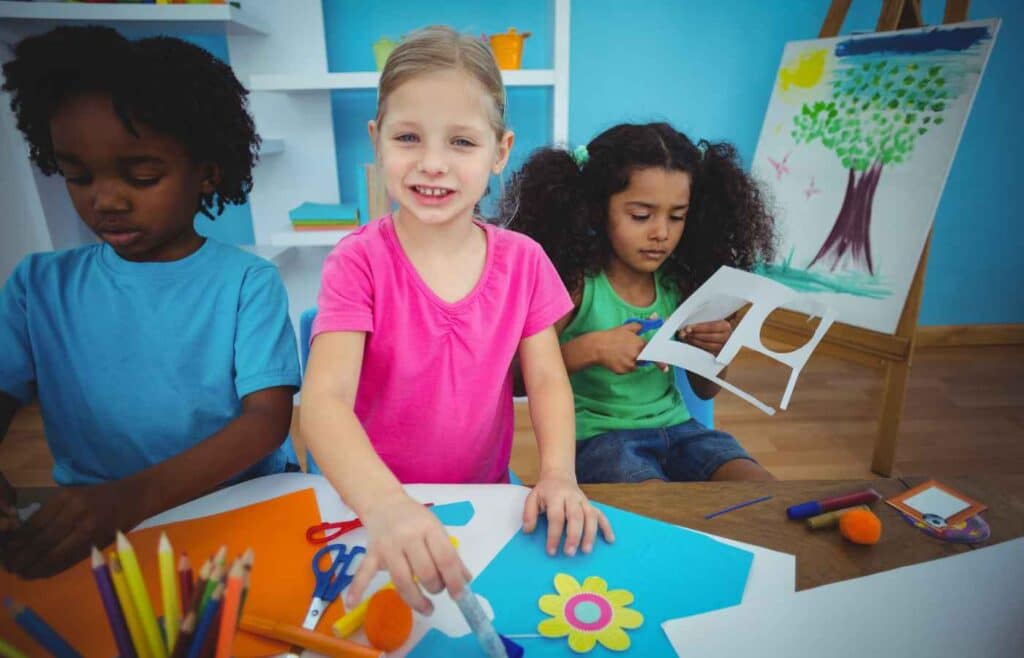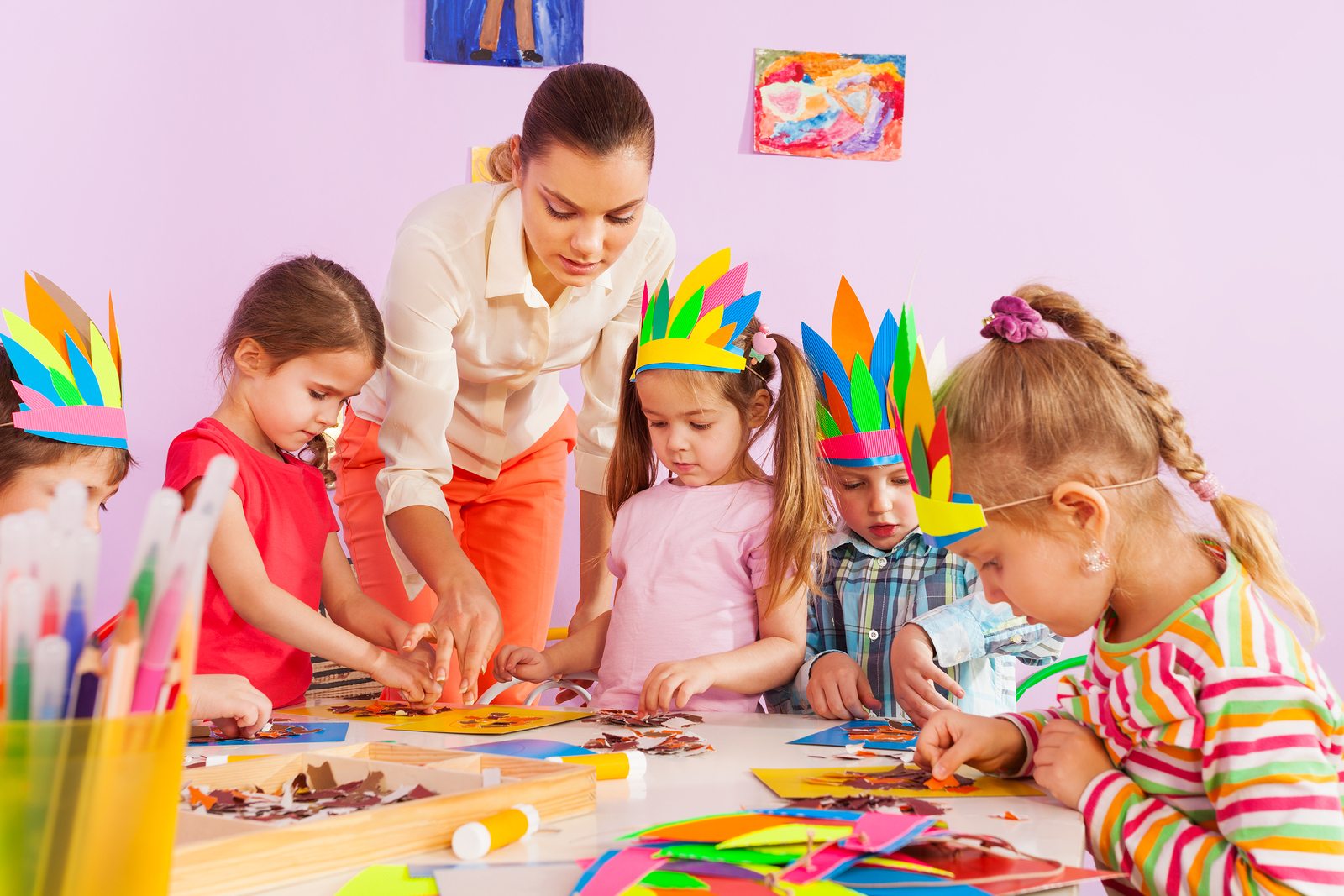
Art and creativity play a crucial role in early childhood education, fostering holistic development and setting the foundation for a lifetime of learning. Encouraging young children to engage in artistic activities not only nurtures their creative instincts but also contributes significantly to their cognitive, emotional, and social growth.

Enhancing Cognitive Skills
Engaging in art activities helps young children develop essential cognitive skills. When children paint, draw, or engage in other forms of artistic expression, they enhance their ability to think critically, solve problems, and make decisions. These activities require them to plan, strategize, and execute their ideas, which strengthens their cognitive abilities.
Boosting Emotional Development
Art provides a safe and expressive outlet for children to explore and understand their emotions. By creating art, children can express feelings they may not yet have the words for, aiding in emotional development. This creative process allows them to experiment with different emotions and learn how to manage them constructively.
Fostering Social Skills
Artistic activities often involve collaboration, sharing materials, and communicating ideas, which are vital for developing social skills. Through group projects and collaborative efforts, children learn to work together, share, and respect each other’s contributions. These interactions are crucial for building social competence and empathy.
Encouraging Fine Motor Skills Development
Art activities such as drawing, cutting, and sculpting help children develop fine motor skills. These activities require precise movements and coordination, which strengthen the muscles in their hands and fingers. This development is essential for tasks such as writing, typing, and other activities requiring hand-eye coordination.

Inspiring Creativity and Imagination
Art encourages children to use their imagination and think creatively. It allows them to explore new ideas, experiment with different materials, and create unique pieces. This freedom to explore and create helps build their confidence and fosters a love for learning.
Building Cultural Awareness
Engaging in diverse art forms exposes children to various cultures and perspectives. It broadens their understanding of the world and helps them appreciate different cultural traditions and artistic expressions. This cultural awareness promotes inclusivity and respect for diversity.
Conclusion
The integration of art and creativity in early childhood education is not just about fostering artistic skills but about nurturing a well-rounded development. It enhances cognitive abilities, supports emotional growth, develops social skills, improves fine motor skills, inspires creativity, and builds cultural awareness. Incorporating art into early childhood education ensures a holistic approach to developing young minds, preparing them for future academic and personal success.






